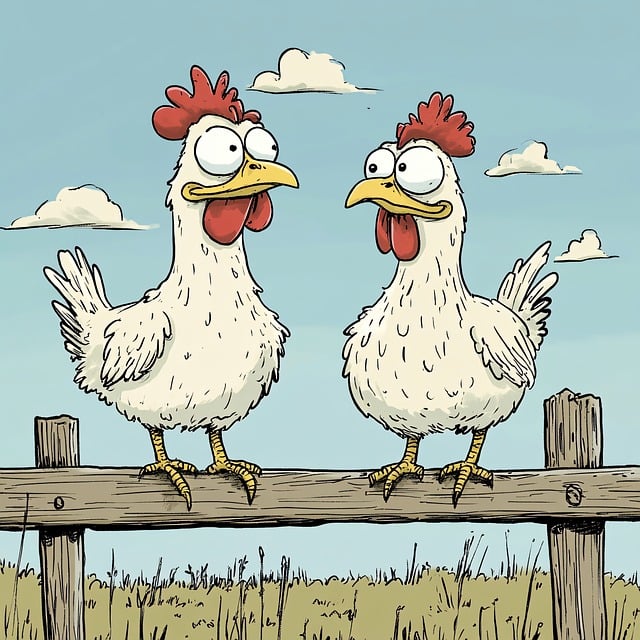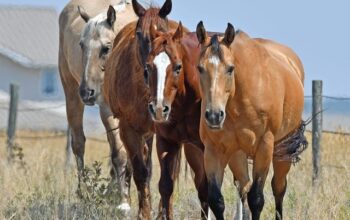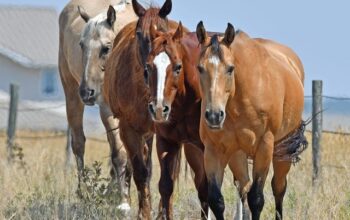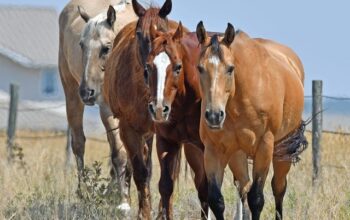Fencing a farm involves understanding regional laws, zoning regulations, and minimum height requirements to ensure safety, property rights, and harmonious relations with neighbors. Consulting local authorities and organizations like Fence Right Inc is crucial for compliance and responsible farming practices. Fence Right Inc specializes in guiding agricultural operations through the complex process of installing durable, aesthetically pleasing, and secure fencing solutions tailored to specific needs.
Fencing is an essential aspect of farm management, offering both structural benefits and legal requirements. This comprehensive guide delves into the intricate world of fencing farm laws and zoning regulations, ensuring every farmer makes informed decisions. From understanding the legal framework surrounding farm fences to exploring the role of organizations like Fence Right Inc in facilitating compliance, we cover it all. Learn best practices for installing fences on agricultural land, catering specifically to the unique needs of farming communities.
- Understanding Farm Fencing: Legal Framework and Requirements
- Navigating Zoning Regulations for Agricultural Fences
- The Role of Fence Right Inc in Facilitating Farm Fencing Compliance
- Best Practices for Installing Fences on Agricultural Land
Understanding Farm Fencing: Legal Framework and Requirements
Fencing a farm involves more than just selecting the right material and design; it’s a legal process that requires adherence to specific farm fencing laws and zoning regulations. These rules are in place to ensure safety, property rights, and harmonious coexistence with neighbors. Understanding these requirements is crucial when installing or maintaining fences for farms, as they can vary significantly based on location and local governance.
For instance, many regions have laws dictating the minimum height and type of fencing required for farm boundaries, especially in areas with potential wildlife crossings. Additionally, Fence Right Inc and similar organizations often provide guidelines for farmers to navigate these legal aspects, promoting compliance and responsible farming practices. When planning a fence for farms, it’s essential to consult local authorities and consider the specific needs and challenges of your agricultural operation.
Navigating Zoning Regulations for Agricultural Fences
Navigating zoning regulations can be a complex task for farmers looking to install fences on their properties, especially when it comes to agricultural purposes. Each municipality or region has its own set of rules and restrictions that govern land use and development, including fencing. Understanding these local laws is crucial before embarking on any fence installation project, particularly for those who operate farming businesses.
Fence Right Inc. recognizes the challenges farmers face when adhering to zoning regulations. They specialize in assisting agricultural operations in selecting and installing fences suitable for their needs while ensuring compliance with local rules. For instance, certain areas might require specific types of materials or designs for fences bordering agricultural land, aiming to maintain the natural landscape and support farming practices. By seeking expert guidance, farmers can choose fencing solutions that meet both aesthetic and functional requirements, such as durable materials that withstand outdoor elements and provide adequate security for livestock or crops.
The Role of Fence Right Inc in Facilitating Farm Fencing Compliance
Fence Right Inc plays a pivotal role in navigating the complex landscape of farm fencing laws and regulations. With a deep understanding of regional zoning rules and agricultural best practices, Fence Right Inc offers specialized services tailored to the unique needs of farmers. Their expertise ensures that new or existing fencing for farms complies with local standards, thereby avoiding potential legal issues and costly delays.
By leveraging their extensive network and industry knowledge, Fence Right Inc facilitates a seamless process for installing and maintaining fences on agricultural properties. They guide farmers through the labyrinthine regulations, ensuring that every fence is not just functional but also aesthetically pleasing and safe. This support is particularly crucial in today’s world where efficient land management practices and visual appeal go hand in hand.
Best Practices for Installing Fences on Agricultural Land
When installing fences on agricultural land, it’s crucial to follow best practices that balance functionality with regulatory compliance. Begin by assessing the specific needs of your farm, considering factors like livestock containment, property demarcation, and aesthetic appeal. Choose fencing materials suited for outdoor exposure and heavy use, such as high-quality vinyl or wrought iron offered by Fence Right Inc, a leading provider in fencing for farms.
Ensure proper planning and preparation before breaking ground. Research local farming and zoning regulations to understand any restrictions on fence placement and types of materials allowed. Clear the installation area of trees, brush, and other obstructions. Also, consult with experts from Fence Right Inc to gain insights into the latest techniques and designs for fencing farm properties, ensuring a durable and effective barrier that protects your land and livestock while adhering to relevant laws and guidelines.
Fencing farm land is a crucial aspect of agricultural management, and navigating legal requirements can be complex. By understanding farm fencing laws, including zoning regulations, and leveraging resources like Fence Right Inc, farmers can ensure compliance while installing effective fences for their operations. Adhering to best practices guarantees durable and functional fencing that supports the growth and protection of agricultural land, ultimately contributing to the success and sustainability of farming businesses.




